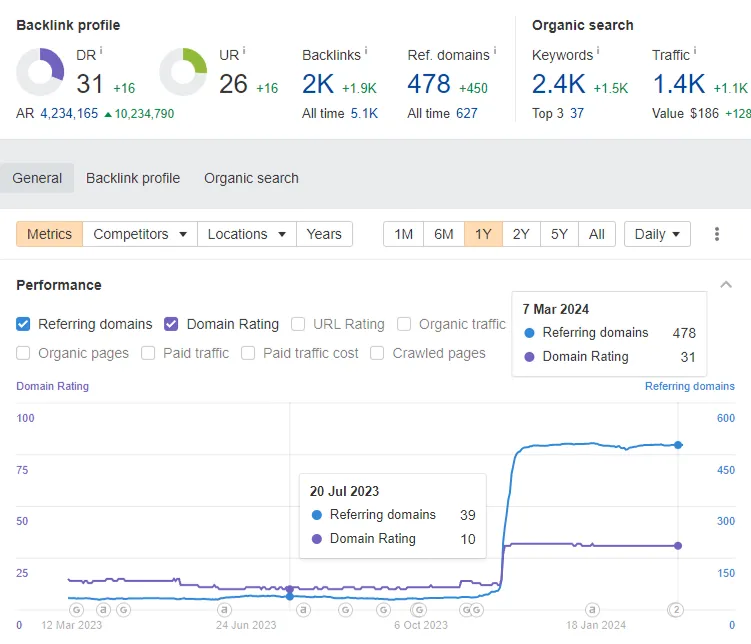Cloud Services for Every Company: Efficiency and Development
Cloud Services for Every Company: Efficiency and Development
Blog Article
Comprehending the Various Sorts Of Cloud Solutions and Their Usages
From Facilities as a Solution (IaaS) to Software Program as a Service (SaaS), each kind of cloud service serves a distinct objective and supplies distinctive benefits. By exploring the nuanced capabilities and applications of each cloud service, one can browse the complexities of cloud computing with accuracy and foresight.
Infrastructure as a Service (IaaS)
Facilities as a Service (IaaS) supplies users with virtualized computer resources online on a pay-as-you-go basis. This cloud computer version supplies necessary IT facilities such as online equipments, storage, and networking without the need for organizations to spend in and handle physical web servers and information facilities. With IaaS, individuals can scale resources up or down based on their needs, providing adaptability and cost-efficiency.
One of the essential benefits of IaaS is its capability to swiftly stipulation and deploy facilities elements, making it possible for services to respond rapidly to transforming needs and market problems. By outsourcing infrastructure monitoring to the solution copyright, organizations can concentrate extra on their core company activities as opposed to dealing with the complexities of equipment upkeep and upgrades.
In addition, IaaS uses a high degree of dependability and safety, with suppliers usually providing robust data back-up, disaster healing, and cybersecurity measures. This helps guarantee that critical service operations continue to be nonstop and data continues to be safeguarded against possible dangers. linkdaddy cloud services. In general, Facilities as a Service streamlines IT procedures, boosts scalability, and lowers resources expenses for businesses of all dimensions
Platform as a Service (PaaS)
Structure upon the structure of Framework as a Service (IaaS), System as a Service (PaaS) uses an extensive setting for developers to develop, release, and handle applications without the intricacies of underlying facilities monitoring. PaaS offers a platform with tools and services that simplify the development process, enabling programmers to focus on creating code and building applications instead of taking care of facilities problems.

Software Application as a Solution (SaaS)
Software Application as a Service (SaaS) reinvents the way organizations access and use software program applications by supplying them on a subscription basis through cloud carriers. This cloud computer model removes the demand for companies to set up and keep software on individual tools, as every little thing is held and handled centrally in the cloud.
SaaS supplies an economical service for companies as they only spend for the software they make use of without the added expenditures of hardware maintenance or software application updates. It likewise offers scalability, enabling business to quickly change continue reading this their software program needs based upon their requirements.
Furthermore, SaaS applications can be accessed from any type of device with a net click for more info link, promoting cooperation and versatility among remote groups. Security is a leading priority in SaaS, with providers executing robust actions to protect data kept in the cloud.
Popular instances of SaaS consist of client connection administration (CRM) software program like Salesforce, performance devices like Microsoft Workplace 365, and collaboration systems like Google Work area. SaaS proceeds to obtain grip in the organization world due to its benefit, scalability, and cost-efficiency.
Function as a Solution (FaaS)
With the development of cloud services like Software as a Service (SaaS) streamlining software application distribution, Function as a Service (FaaS) stands for a paradigm change in exactly how code is performed in a serverless environment. FaaS permits developers to compose and perform individual functions or pieces of code in action to certain occasions without the requirement to take care of the infrastructure. This serverless computing version allows programmers to focus entirely on creating code to implement particular performances, without concerning themselves with the underlying infrastructure or web server management.
Features are implemented in stateless containers that are rotated up and down as required, making link sure ideal source application and cost-effectiveness. By extracting the framework layer, FaaS streamlines growth, accelerates time to market, and enhances overall dexterity in releasing cloud-native applications.
Storage Space as a Service (STaaS)
An essential component in cloud computer, Storage space as a Service (STaaS) gives users with a scalable and reliable service for managing data storage requirements. STaaS allows companies to keep and retrieve information from remote web servers by means of the internet, getting rid of the requirement for on-premises equipment. This service provides adaptability by allowing users to pay only for the storage space they utilize, making it a cost-efficient service for companies of all dimensions.

STaaS is specifically valuable for services with changing storage space needs, as it offers a trusted and secure storage service without the demand for substantial in advance investments. By leveraging STaaS, organizations can simplify their information monitoring processes, boost access, and improve information safety and security in a cost-efficient manner.

Conclusion
In final thought, recognizing the different types of cloud services and their usages is essential for companies and people looking to take advantage of the benefits of cloud computing. By making use of the ideal cloud service, companies can improve their effectiveness, scalability, and adaptability in handling their IT framework and applications.
From Infrastructure as a Service (IaaS) to Software Application as a Solution (SaaS), each kind of cloud solution offers an one-of-a-kind objective and provides distinct advantages. linkdaddy cloud services. By exploring the nuanced performances and applications of each cloud service, one can navigate the complexities of cloud computing with precision and foresight
With the evolution of cloud services like Software as a Solution (SaaS) streamlining software distribution, Feature as a Solution (FaaS) stands for a standard change in exactly how code is performed in a serverless atmosphere.In conclusion, understanding the different types of cloud solutions and their usages is essential for businesses and people looking to leverage the advantages of cloud computer. By making use of the ideal cloud service, organizations can boost their performance, scalability, and versatility in handling their IT facilities and applications.
Report this page